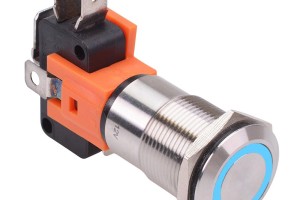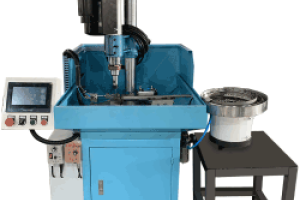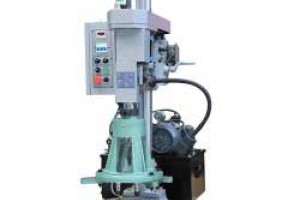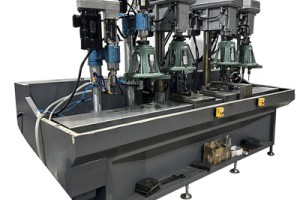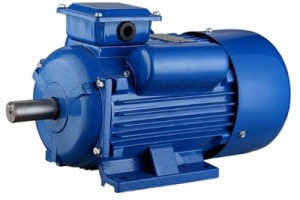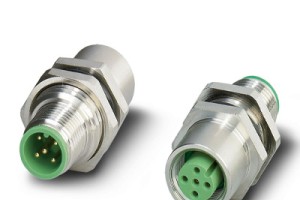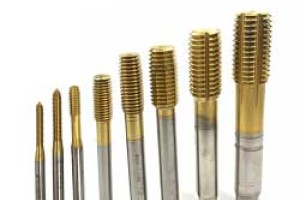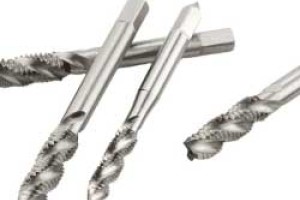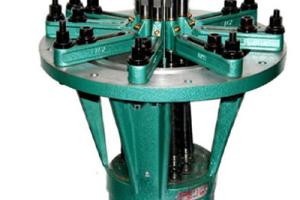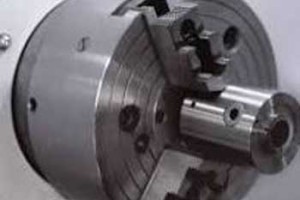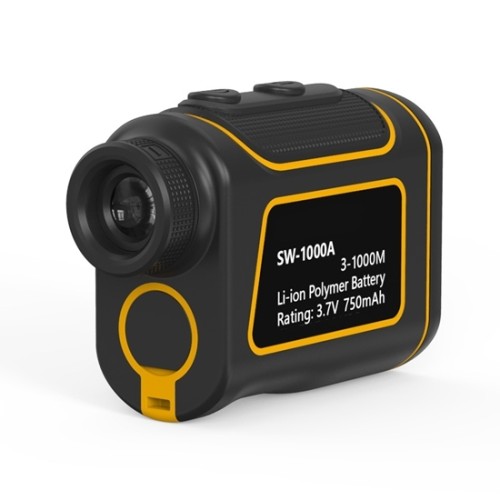
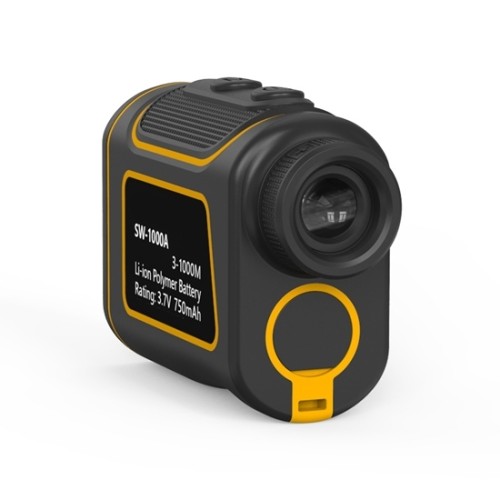


- Stock: In Stock
- Model: SCJ009676
- SKU: SCJ009676
Available Options
Ask a Question About This Product
- Description
Brief
Description
The laser telescope rangefinder utilizes a laser beam to measure the time it takes for the laser pulse to travel to the target and back, enabling precise distance calculations. This telescope distance meter provides a quick and reliable solution for depth measurement, offering unparalleled convenience in various fieldwork scenarios.
Specification
- Model: SW500A/600A/700A/1000A/1500A/2000A
- Maximum Measuring Range: 500m/600m/700m/1000m/1500m/2000m
- Speed Measurement Function: 0-300Km/h (Error 5Km/h)
- Indication Error: ±(1.0m+D*0.3%)
- Protection Level: IP54
- Height Measurement Function: Yes
- Scanning Ranging Function: Yes
- Flagpole Lock: Yes
- Angle Measurement Range: ±90°
- Angle Tolerance: ±1°
- Telescope Magnification: (6.0±5%)X
- Telescope Objective Lens Aperture: 23mm
- Telescope Eyepiece Aperture: 15.0mm
- Exit Pupil Diameter: 3.7mm
- Field of View: ±7.0°±10%
- Diopter Adjustment Range: ±6 Diopters
- Measurement Unit: m, Y
- Battery: 750mAh Lithium Battery
- Battery Life: Charge/Discharge 800 Times
- Overall Power Consumption: 1.2W
- LCD Display: Transmissive LCD
- Dimension: 104*76.5*40.5mm
Measuring mode
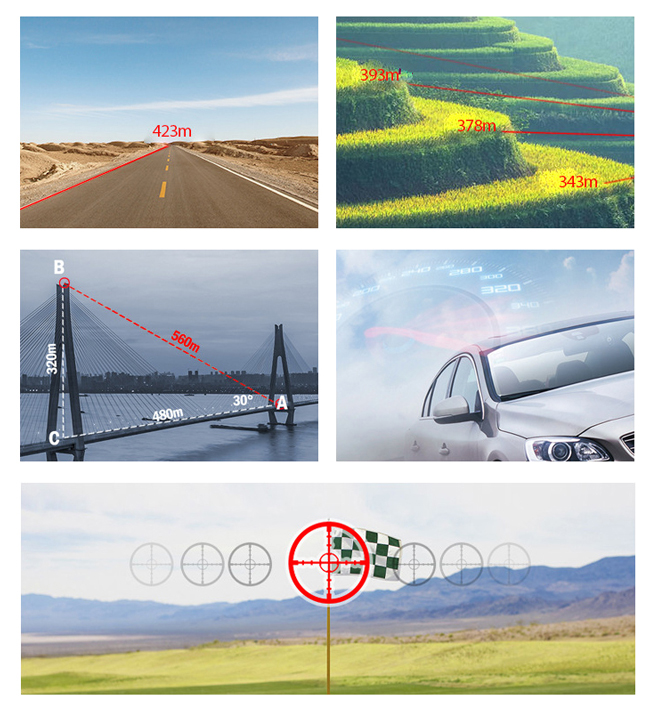
- Single measurement: Aim at the object to be measured and measure the straight-line distance from the object.
- Continuous measurement: Scan the measured area and refresh distance data in real-time.
- Angle/Vertical/Horizontal: Aim at the object to be measured and display multiple measurement data at the same time.
- Speed measurement: Aim at the object to be measured and display the current speed in real-time.
- Lock measurement: When there are multiple objects in the area, redundant objects are eliminated and the target farther away is locked.
Detail
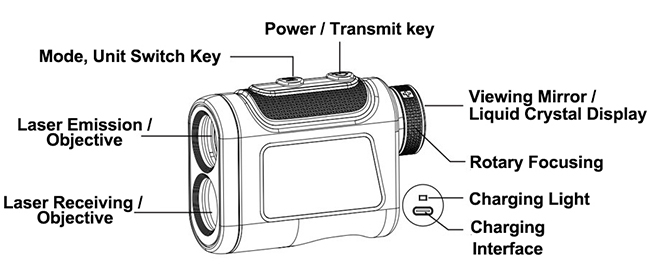
Tips: Can laser telescope rangefinders be used in low light conditions?
Laser telescope rangefinders are optical devices designed for measuring distances using laser technology. These rangefinders utilize a laser beam emitted from the device, which is reflected off a target and then detected by the rangefinder to calculate the distance based on the time taken for the laser to return. They are commonly used in activities such as surveying, hunting, and golfing.
In terms of low-light conditions, many modern laser telescope rangefinders are equipped with features that enhance their performance in challenging lighting situations. Some models incorporate technologies like low-light laser systems or infrared (IR) lasers, allowing them to operate effectively in dim or low-visibility environments. However, it's essential to check the specifications of a specific rangefinder model, as the performance in low light can vary among different devices. Generally, selecting a rangefinder with low-light capabilities can improve its usability during dusk or dawn when lighting conditions are less favorable.
- Reviews
